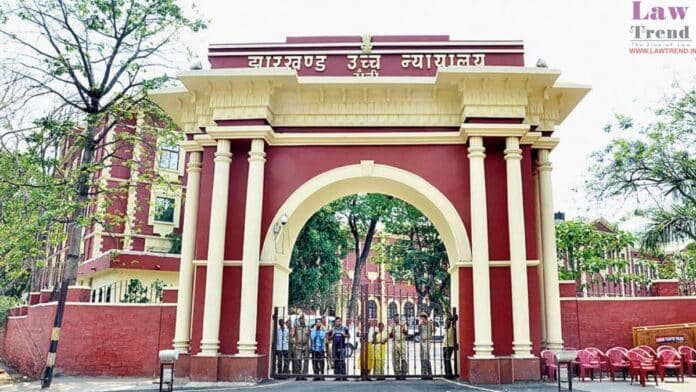The Jharkhand High Court on Thursday strongly criticized the state government for its failure to submit district-wise reports on biomedical waste management, despite clear directives issued earlier this year.
A division bench comprising Chief Justice MS Ramachandra Rao and Justice Rajesh Shankar expressed displeasure during the hearing of a public interest litigation (PIL) filed by the Jharkhand Human Rights Confederation, which alleged improper and hazardous disposal of biomedical waste across the state.
In February, the High Court had directed the deputy commissioners of all districts to provide detailed reports on biomedical waste disposal mechanisms within their jurisdictions. However, during Thursday’s proceedings, the bench noted with concern that most deputy commissioners had not complied with the order.
“It is a matter of serious concern that despite explicit directions, the deputy commissioners have failed to respond. This lack of urgency undermines the seriousness of biomedical waste management, which directly impacts public health and environmental safety,” the bench observed.
While granting a final opportunity, the court directed all deputy commissioners to submit the pending reports without fail. The matter is scheduled for the next hearing on June 16.
The Jharkhand State Pollution Control Board informed the court that biomedical waste treatment facilities are currently operational in five districts — Lohardaga, Ramgarh, Pakur, Dhanbad, and Seraikela-Kharsawan. A plant in Deoghar is reportedly under construction and is expected to be commissioned soon.
The PIL highlights the need for strict adherence to the Environmental Protection Act and the Biomedical Waste Management Rules, which mandate safe and eco-friendly disposal of waste generated from hospitals, clinics, and nursing homes. The petitioner pointed out instances where biomedical waste was dumped in open areas and scavenged by stray animals, posing a grave risk to public health.
The court noted that its ongoing oversight has led to gradual improvements, including the increased use of incinerators. However, it emphasized that further compliance is essential to safeguard environmental and human health.




